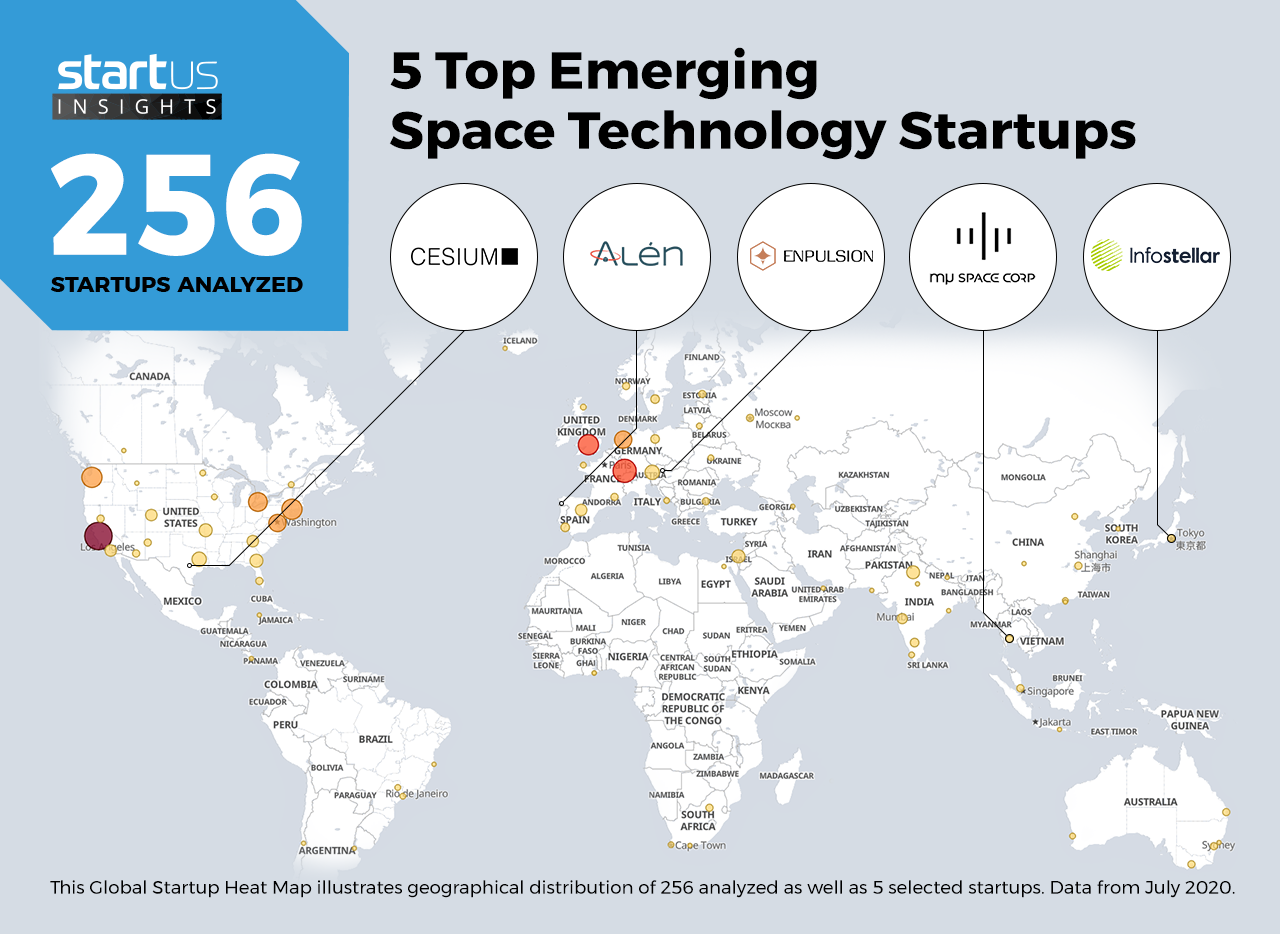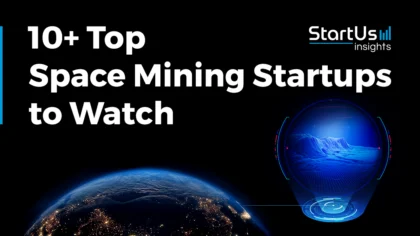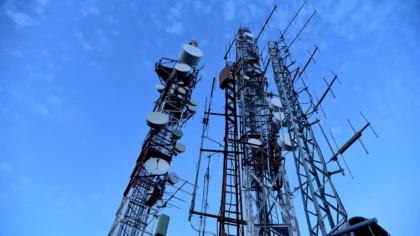Accelerate Productivity in 2025
Reignite Growth Despite the Global Slowdown
Staying ahead of the technology curve means strengthening your competitive advantage. That is why we give you data-driven innovation insights into the space industry. This time, you get to discover five hand-picked space technology startups.
Out of 256, the Global Startup Heat Map highlights 5 Top Space Technology Startups
The insights of this data-driven analysis are derived from the Big Data & Artificial Intelligence (AI)-powered StartUs Insights Discovery Platform, covering 2 093 000+ startups & scaleups globally. The platform gives you an exhaustive overview of emerging technologies & relevant startups within a specific field in just a few clicks.
The Global Startup Heat Map below reveals the distribution of the 256 exemplary startups & scaleups we analyzed for this research. Further, it highlights five space technology startups that we hand-picked based on criteria such as founding year, location, funding raised, and more. You get to explore the solutions of these five startups & scaleups in this report. For insights on the other 251 space technology solutions, get in touch with us.
Alén Space develops Nanosatellites
Traditionally, satellites are large objects and typically need a lot of time and money to be placed in orbit. However, with advances in space tech, startups are now able to rapidly develop small satellites at a fraction of the cost. Some satellites weigh as little as 1-10 kg and are known as nanosatellites. Additionally, these are easy-to-upgrade systems that usually participate as members of nanosatellite constellations to advance space communication technologies.
Spanish startup Alén Space offers ready-to-launch nanosatellites. The startup develops communication hardware, mission control, onboard software, and turnkey apps for data transmission. These are assembled to provide plug-and-play solutions for use cases in various applications of the Internet of Things (IoT), aircraft surveillance, and signals intelligence.
CesiumAstro advances Space Communication Systems
Telecommunication is a major application area for satellites in orbit. Satellites communicate amongst others in the constellation as well as transmit signals back to earth. With the growth in small satellites, most of them just a few inches across, more space tech startups are putting up constellations of satellites in the orbit. As a result, the communication needs of new satellites within constellations are inspiring new advances in communication systems.
The US-based startup CesiumAstro provides out-of-the-box communication systems for satellites, launch vehicles, drones, and other space or airborne platforms. SBC-1461 is a single-board computer that operates in low-earth orbit (LEO) by design. The credit-card-sized framework comprises a quad-core processor, error-correcting memory card, mass storage, and multiple data interfaces. The startup also manufactures multi-beam active-phased array systems, Ka-band phased array communication system, and a cross-link communications payload, among other solutions.
ENPULSION specializes in Electric Spacecraft Propulsion
The propellant constitutes a large part of a rocket’s weight. Electric propulsion enhances the performance of thrusters, and delivers equivalent thrust, with a fraction of the propellant required for chemical thrusters. As a result, rocket systems become more mass-efficient and the cost of launches is reduced. Electric propulsion also considerably increases the lifetime of satellites, ultimately extending mission durations.
Austrian space technology startup ENPULSION manufactures electric propulsion systems. The startup develops the IFM Nano Thruster technology based on the field-emission electric propulsion (FEEP). Electrode voltages control the thrust, enabling excellent levels of control over both full and low thrust ranges. Also, the modular design of the thruster provides custom advantages for missions.
mu Space builds Aviation Internet Solutions
Conventional inflight connectivity via air-to-ground (ATG) networks is prohibitively expensive, working only in particular circumstances. However, LEO satellite constellations enable high-speed satellite connectivity and have the potential to disrupt the aviation internet market. These satellite constellations also open up possibilities for IoT-based solutions for in-flight operations. The same technology extends internet connectivity to rural off-the-grid locations as well.
Thai startup mu Space develops satellite communication technologies. The startup offers in-flight connectivity (IFC) technology and a self-stabilizing IFC antenna that allows it to send and receive signals from a moving aircraft. This technology uses a network of satellites to offer wide coverage over flight routes. The startup also provides solutions for satellite monitoring, remote ground access, maritime connectivity, and 5G wireless.
Infostellar offers Ground Segment as a Service
Among other things, the success of a satellite depends on ground-based elements such as earth stations, mission control, remote terminals, and other facilities. The ground segment infrastructure is often expensive to operate and maintain compared to more cost-effective solutions, designed for small satellites. This provides the necessary encouragement for startups to develop solutions for the advancement in space technology.
Japanese startup Infostellar provides a Ground Segment-as-a-Service platform. StellarStation helps satellites access ground stations around the world through a single application programming interface (API). The third-party ground stations earn revenue by sharing surplus capacity on the platform. With 99.5% platform availability and best practices for security, this solution helps space businesses improve their services.
Discover more SpaceTech Startups
SpaceTech startups such as the examples highlighted in this report focus on spacecraft propulsion, ground station solutions, space connectivity as well as small satellites. While all of these technologies play a major role in advancing the space industry, they only represent the tip of the iceberg. To explore more space technologies, simply let us look into your areas of interest. For a more general overview, download our free SpaceTech Innovation Report to save your time and improve strategic decision-making.








